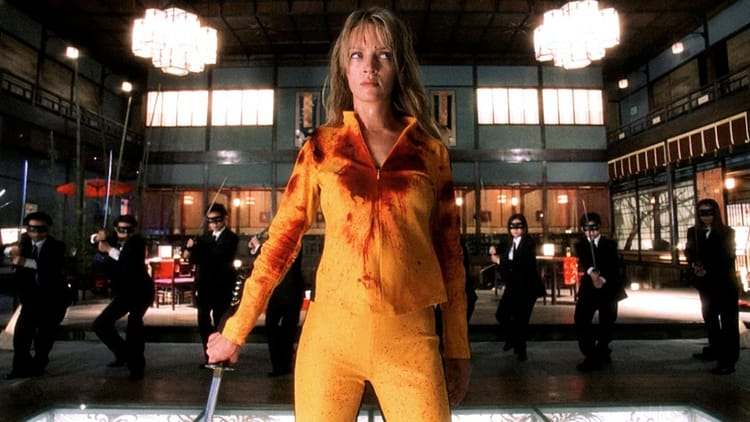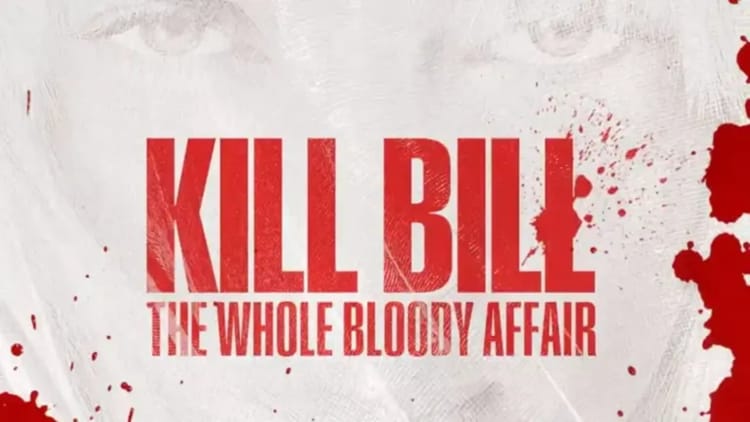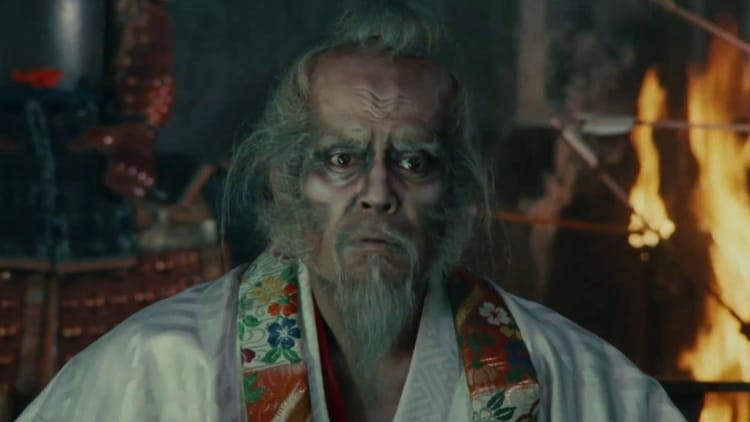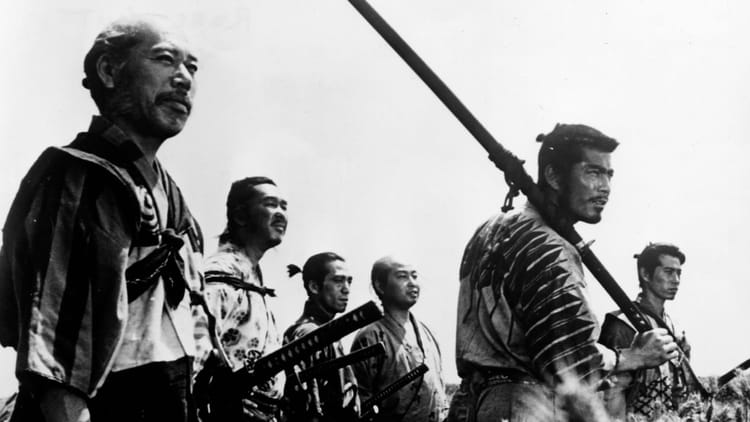The Vikings
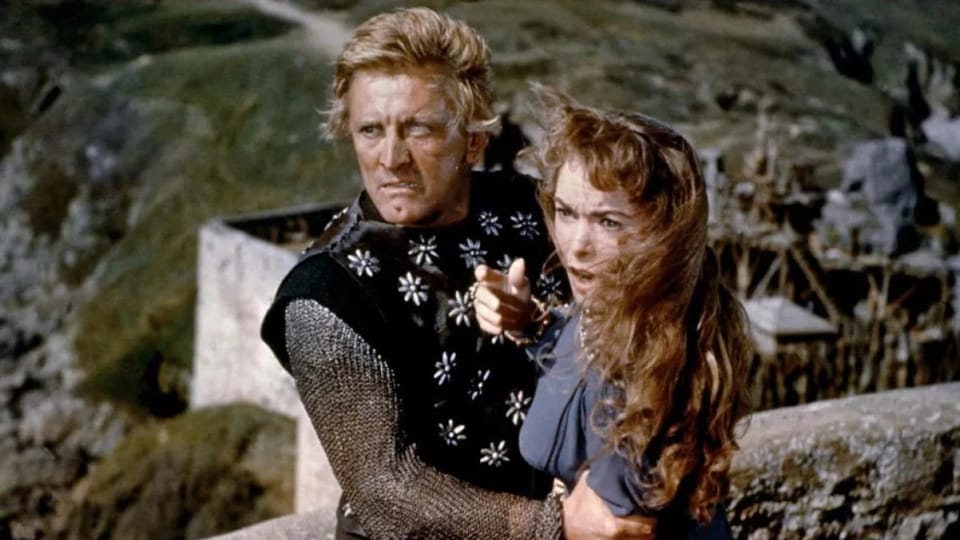
The Vikings, directed by Richard Fleischer, is a film that throws us headlong into the legendary exploits of Norse warriors—those infamous seafaring badasses who raided and settled across Europe, the Near East, and even touched down in North America between the eighth and eleventh centuries. Forget the horned helmets and skull-drinking clichés; we’re talking about a flick that tries to show these Vikings as slick economic players and expert sailors.
Directed by Richard Fleischer and starring the dynamic duo of Kirk Douglas and Tony Curtis, The Vikings plants itself somewhere between grand historical epic and a swashbuckling B-movie. It tiptoes the line between real-deal history and good old-fashioned myth. This film stands out for its tight scale and anamorphic lens work that screams adventure over accuracy. Even if the creators aimed to portray the Norsemen with some historical chops, this movie’s heart beats with sea battles, sword fights, and romantic shenanigans.
Let’s give props where props are due: the movie nails the Viking vibe with killer production design. They ditch the tired tropes like horned helmets for the real stuff—longships that look boss and legit funeral rites. The Norwegian fjords are stunning on screen, though the pre-ruined castles might raise an eyebrow or two. Tony Curtis parades around in a leather jerkin—a bold choice, considering Vikings probably rocked trousers. But who’s keeping score, right?
The film kicks off with an animated Bayeux tapestry, setting the stage for a tale of pillage and conquest narrated by none other than Orson Welles. While it takes liberties with its characters and plot, it borrows from Norse legends like those of Ragnar Lodbrok and Northumbrian King Ælla . The story tracks Ragnar’s fictional offspring: the long-lost Eric (played by Curtis) and the raucous Einar (played by Douglas). Einar lives the Viking dream, all feasts and frolics, while Eric’s mere presence hints at family drama brewing beneath the surface.
Einar, son of the Viking chief Ragnar (brought to life by Ernest Borgnine), has his eyes set on invading England with help from English Lord Egbert. Egbert, in turn, wants to dethrone the corrupt King Ælla. The kicker? Egbert realizes that Eric, a slave in the Viking camp, is Ragnar’s son with the late English Queen, making Eric and Einar secret brothers. Tension mounts when both fall for the kidnapped Lady Morganna (Janet Leigh), setting the stage for some serious sibling rivalry.
If my soul is content to be heathen and yours content to be Christian, let’s not question flesh for wanting to remain flesh.
By today’s standards, The Vikings might seem tame, but back in the day, it was considered edgy. There’s violence and a whiff of sexual assault, like when Einar loses an eye to a hawk. These moments, especially Ragnar’s cheerful recounting of a rape, might have passed then but feel out of step with modern sensibilities.
Despite some tonal hiccups, the film serves up memorable scenes, like Ragnar’s iconic wolf pit demise—switching out traditional vipers for something new. The movie spices up these legendary elements with its own creative flair, even if it plays fast and loose with history. While the film tones down Ælla’s gruesome “blood eagle” execution, it doesn’t skimp on the drama.
The Vikings takes a surprisingly subversive spin, casting the Norsemen as the stars despite their brutality. They’re portrayed as sadistic and non-Christian yet somehow manage to be the heroes we root for against Ælla, the less sympathetic baddie. This gives depth to characters like Eric and Einar, whose rivalry anchors the plot.
The movie dives into love and religion, questioning whether Eric and Morganna can overcome their faith differences. In the end, love triumphs over religious divides, and Eric’s pagan beliefs aren’t bashed. This forward-thinking take on freedom of religion stands out amid the action-packed storyline.
Folks come to The Vikings for the action, and it doesn’t disappoint. Fleischer’s direction, paired with Jack Cardiff’s Technicolor genius, highlights Norway’s stunning locations and grand Viking ships. The final assault on Ælla’s castle is a real spectacle, with in-camera magic that keeps adrenaline levels high. Douglas, as the film’s star, shines with his action hero charisma, rocking the iconic scar-faced look. Einar might be the larger-than-life hero, but it’s Curtis’s Eric who steals the show in their climactic duel.
In short, The Vikings is a film that aims to capture Norse mythology while balancing history with pure cinematic fun. Despite its outdated views and moments of silliness, the movie stands as a testament to Viking lore's lasting allure and the timeless thrill of epic adventure. With its mix of action, romance, and bold themes, The Vikings continues to mesmerize audiences and inspire filmmakers even decades later.

